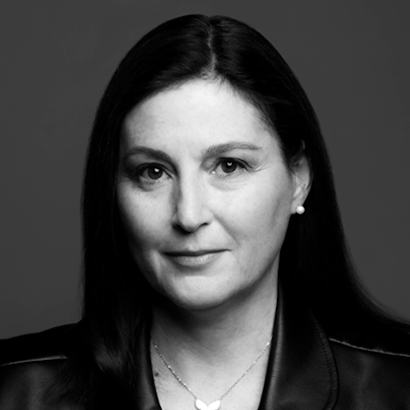No Human, No Copyright: U.S. District Court of Columbia Denies Thaler’s Summary Judgment Motion
The “Creativity Machine”, owned by Stephen Thaler, generated a work of art of its own accord. Thaler applied to register copyright in the artistic work titled ‘A Recent Entrance to Paradise’ with the United States Copyright Office. The application stated the Creativity Machine created the work and it was listed as the author. Thaler sought to transfer the copyright to himself as owner. The registration was denied.
An action was subsequently commenced seeking to contest the denial by the U.S. Copyright Office and ultimately a summary judgment motion was brought by Thaler to push this issue (“Thaler”). This decision is significant for those interested in generative AI and intellectual property. It highlights the need for human involvement in copyright and is an initial perspective on where the law in the U.S. (and elsewhere) may be heading as we continue to face this new frontier.
The Issue
The sole issue before the Court on the summary judgment motion was whether a work generated entirely by an artificial system absent of human involvement should be eligible for copyright.
The District Court of Columbia held it should not. Human authorship is an essential part of copyright.
Discussion
In Thaler the Court takes head on the issue of generative AI and copyright law and protection in the United States. Of importance is the Court’s holding that “copyright is designed to adapt with the times. Underlying the adaptability, however, has been a consistent understanding that human creativity is the sine que non at the core of copyrightability, even as the new creativity is channeled through new tools or into new media”.
In this decision, the Court builds on and follows several other U.S. decisions which focuses on humans at the core of copyright including Burrow-Giles Lithographic Co v Sarony and Naruto v Slater Although the previous cases were not about artificial intelligence the analogy to such cases is apt. The legal challenge of non-human authors while currently trending is actually not new.
Despite a great deal of recent discussion about whether the law is ready to recognize works generated by artificial intelligence, the Court in Thaler makes a compelling case that it is not. The Court stated unequivocally that Thaler could not point to any case in which a court has recognized copyright in a work originating with a non-human. The Court further held that “Common law doctrines of property transfer cannot be implicated where no property right exists to transfer in the first instance. The work-for-hire provisions of the Copyright Act, too, presuppose that an interest exists to be claimed”. Because the Court had found no human involvement in the initial work, there was nothing in which rights could be transferred.
No doubt there will be some who disagree with the decision in Thaler. Indeed, we may yet see an appeal and or related decisions come out in other jurisdictions with different results. Although this is an important decision, the debate will continue.
Broad Implications
One key takeaway from Thaler is the Court’s statement that encouraging innovation is central to copyright. “The act of human creation—and how to best encourage human individuals to engage in that creation, and thereby promote science and the useful arts—was thus central to American copyright from its very inception. Non-human actors need no incentivization with the promise of exclusive rights under United States law, and copyright was therefore not designed to reach them”.
Although Thaler is a U.S. decision and considers U.S. copyright law, it addresses issues that are pressing in Canada and elsewhere. For example, Stephen Thaler has also been pushing the law on artificial intelligence and patent law regarding DABUS. This most recent Thaler decision is not the only one in which Stephen Thaler has been denied rights flowing from work created by artificial intelligence.
As discussed previously, in our blogpost ‘AI and IP: Who or What Can Be an Author or Inventor in Canada?’ similar issues are percolating in Canada regarding patents and copyright. We further discussed the complexity of generative AI and Canadian copyright law in our blogpost ‘Let’s Chat(GPT)’ and on ‘CBC’s Day 6 - May 12, 2023: AI can create shockingly accurate vocal impersonations of pop stars and Canadian copyright law isn't ready to deal with it’. We are at the beginning of forging this new legal path.
The convergence of intellectual property and artificial intelligence is becoming a focus not only of IP practitioners but also of companies across varying industries, investors and the public at large. How innovation and creativity will develop with both human and non-human involvement, and the role intellectual property will play in spurring such advances in the U.S., Canada and elsewhere remains unknown.
Conclusion
The body of generative AI works is increasing. There is no doubt we will continue to see an increase in caselaw in the U.S., Canada, and around the globe wading through this challenging area. Is Thaler the end? No, it is not. Does it foreshadow what is yet to come? Maybe. As the Court in Thaler indicated, intellectual property rights are intended to incentivize innovation and creativity, such incentives and rights are aimed at humans. But as I have indicated previously, human and non-human contributions will foster creativity and innovation on a global scale but how that will intersect with our legal landscapes is complicated and yet to be determined. However, there is no doubt that maintaining a thriving intellectual property regime is central to achieving the appropriate balance.
